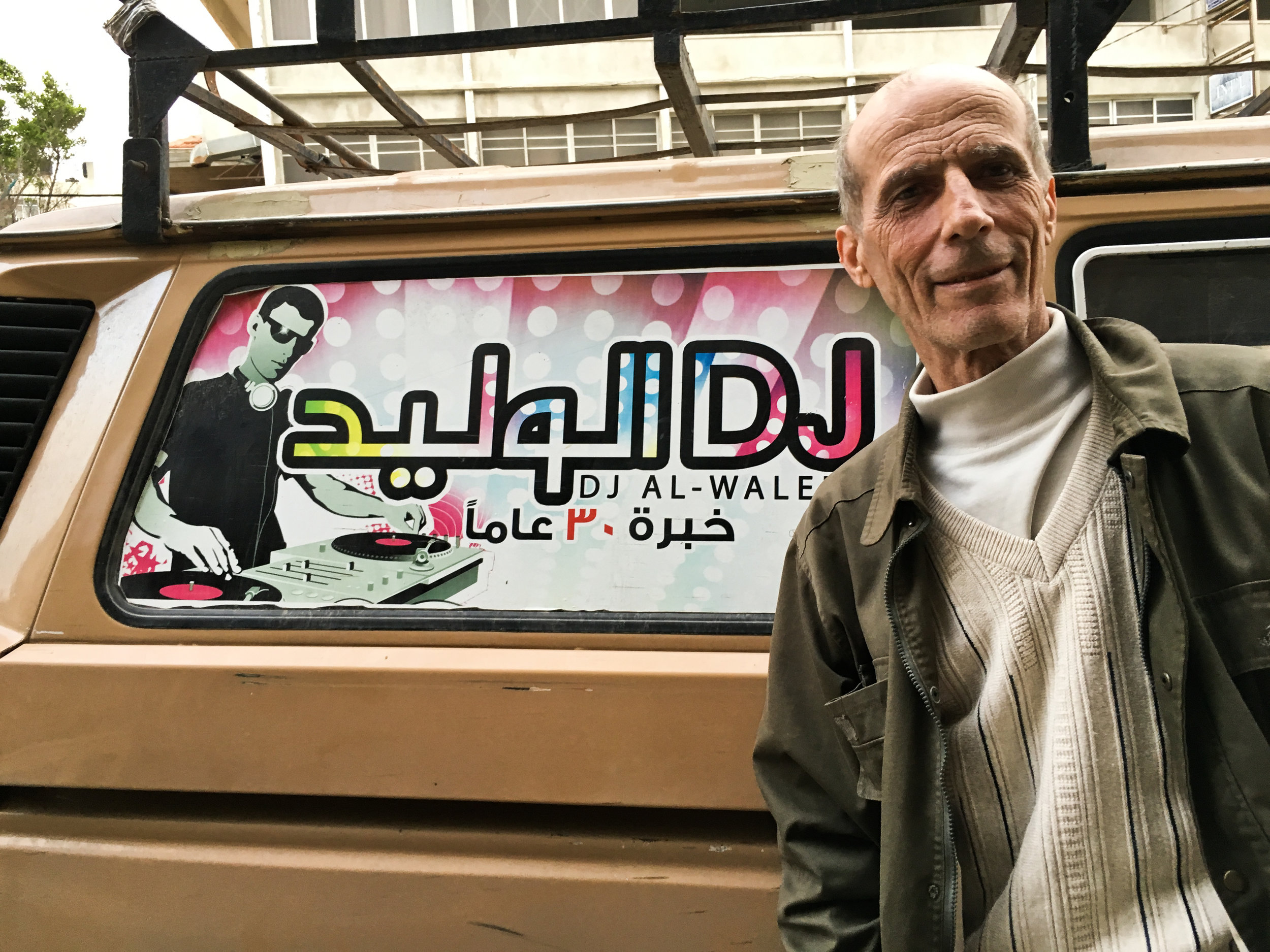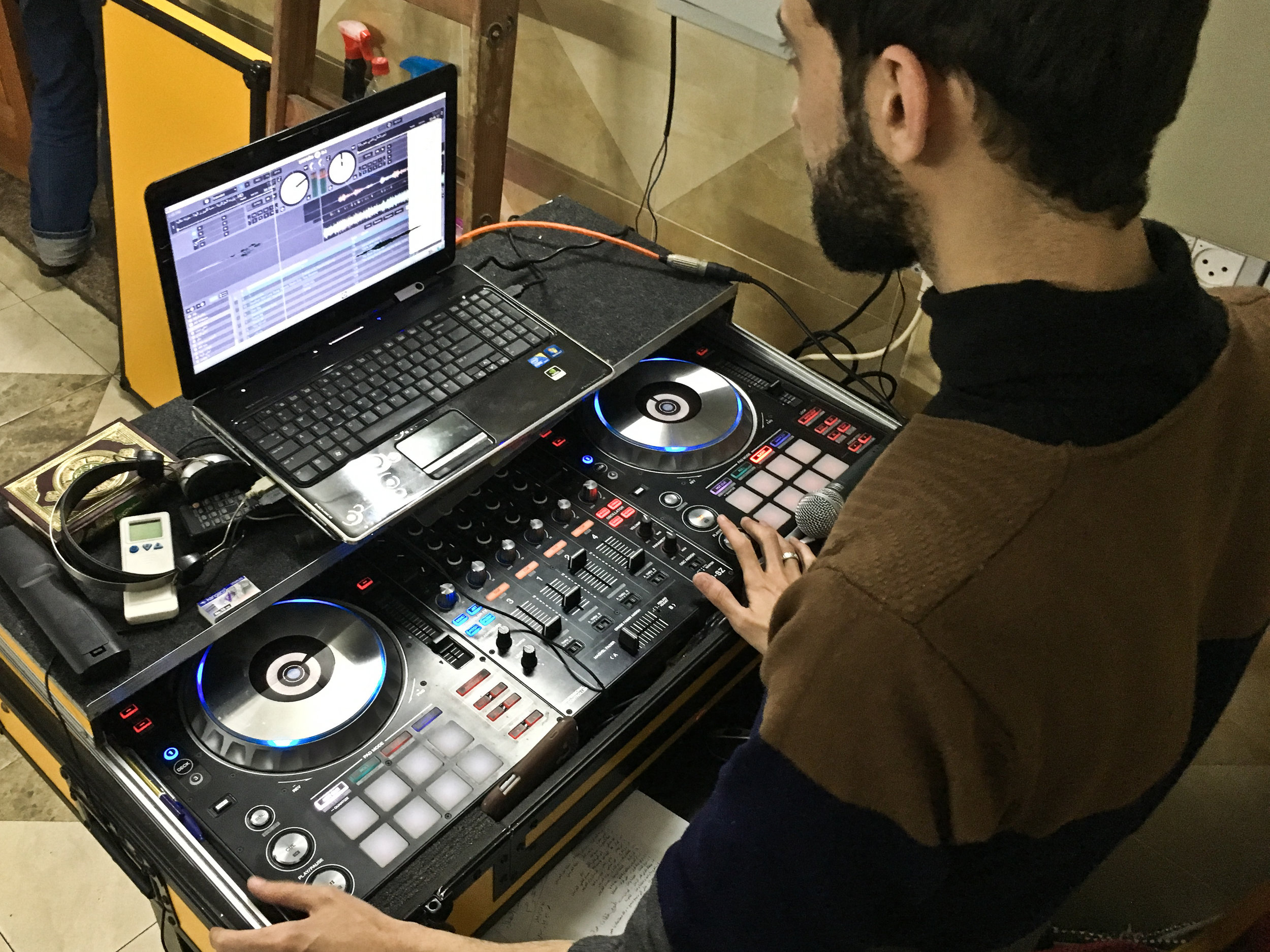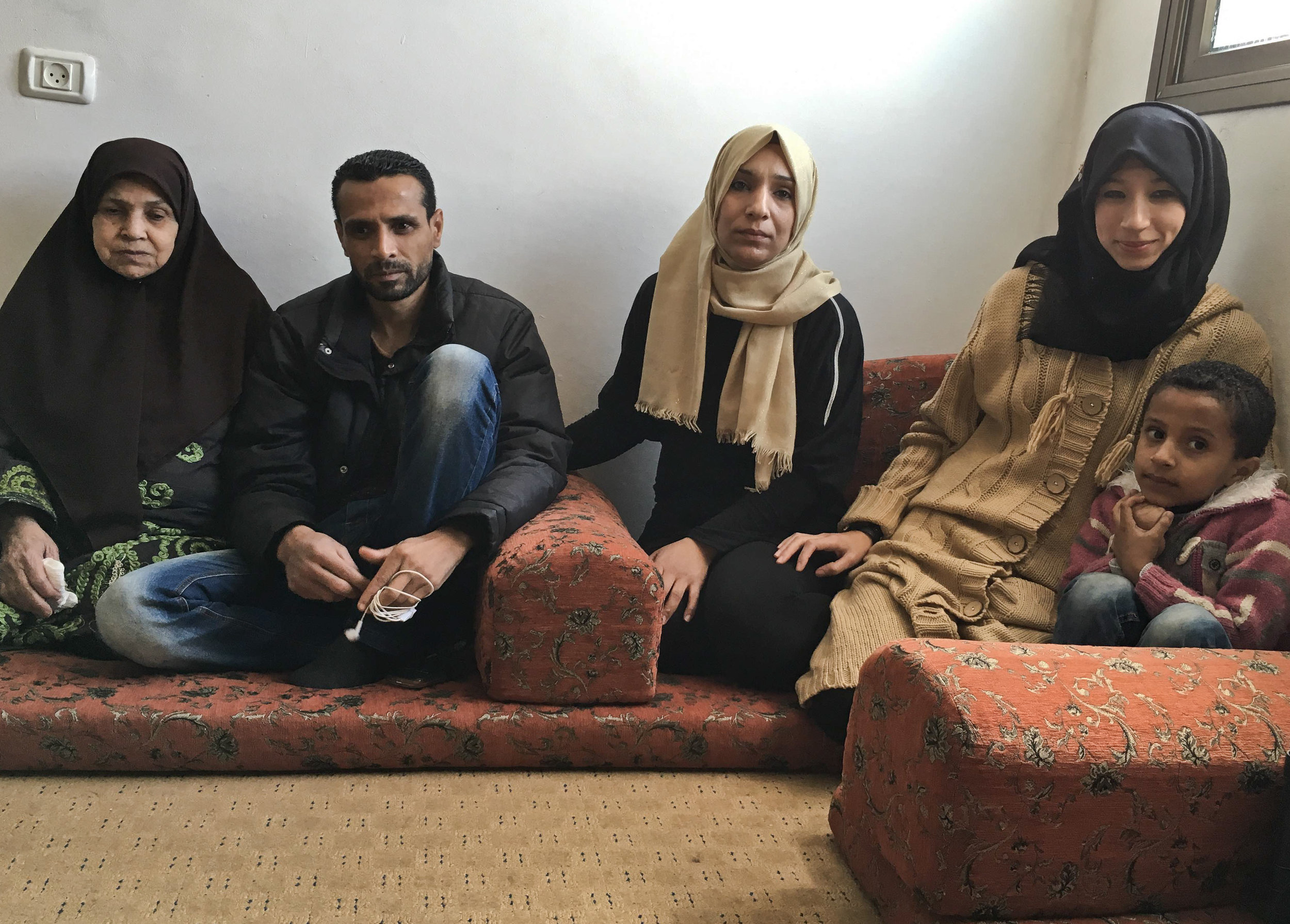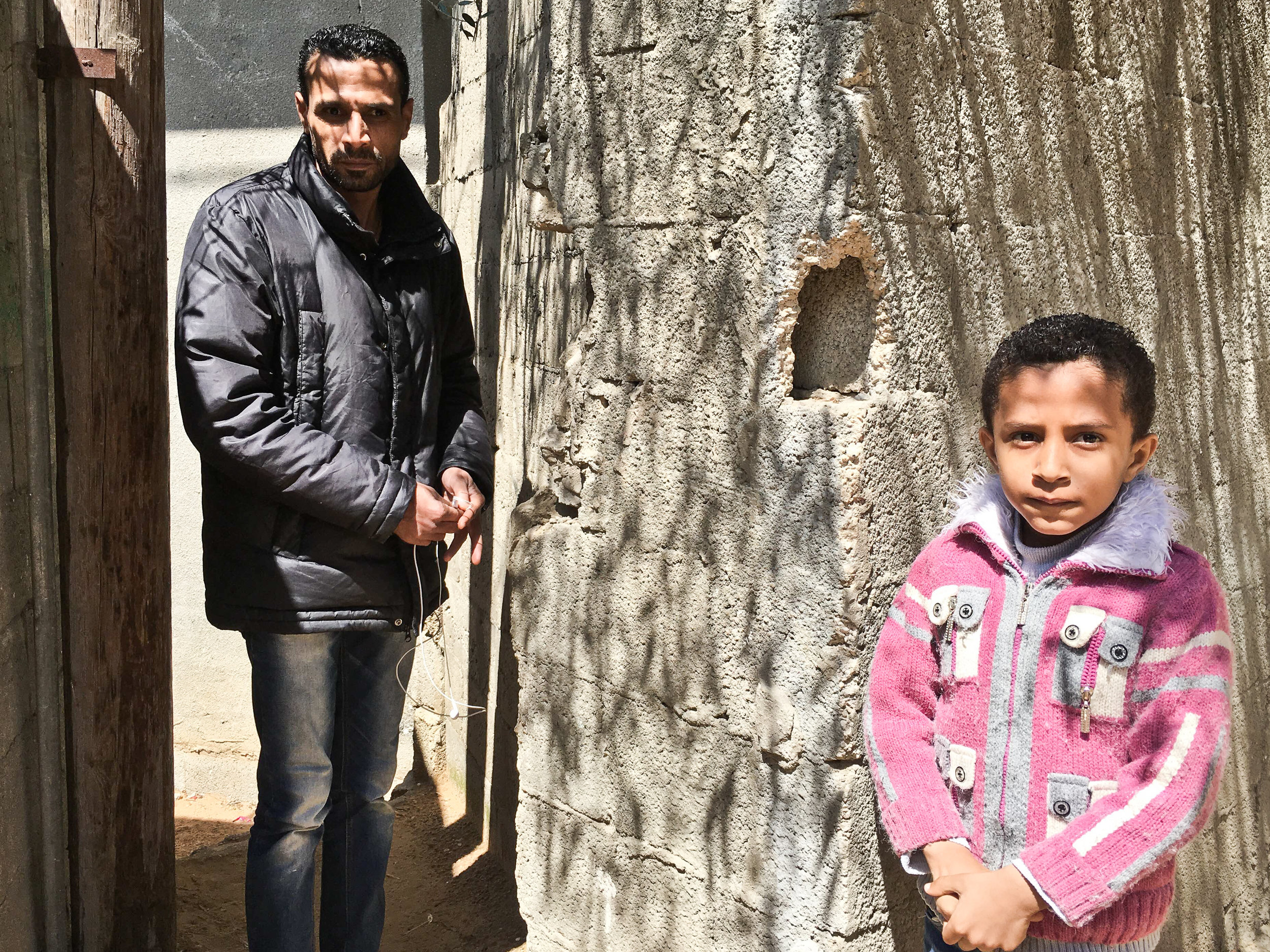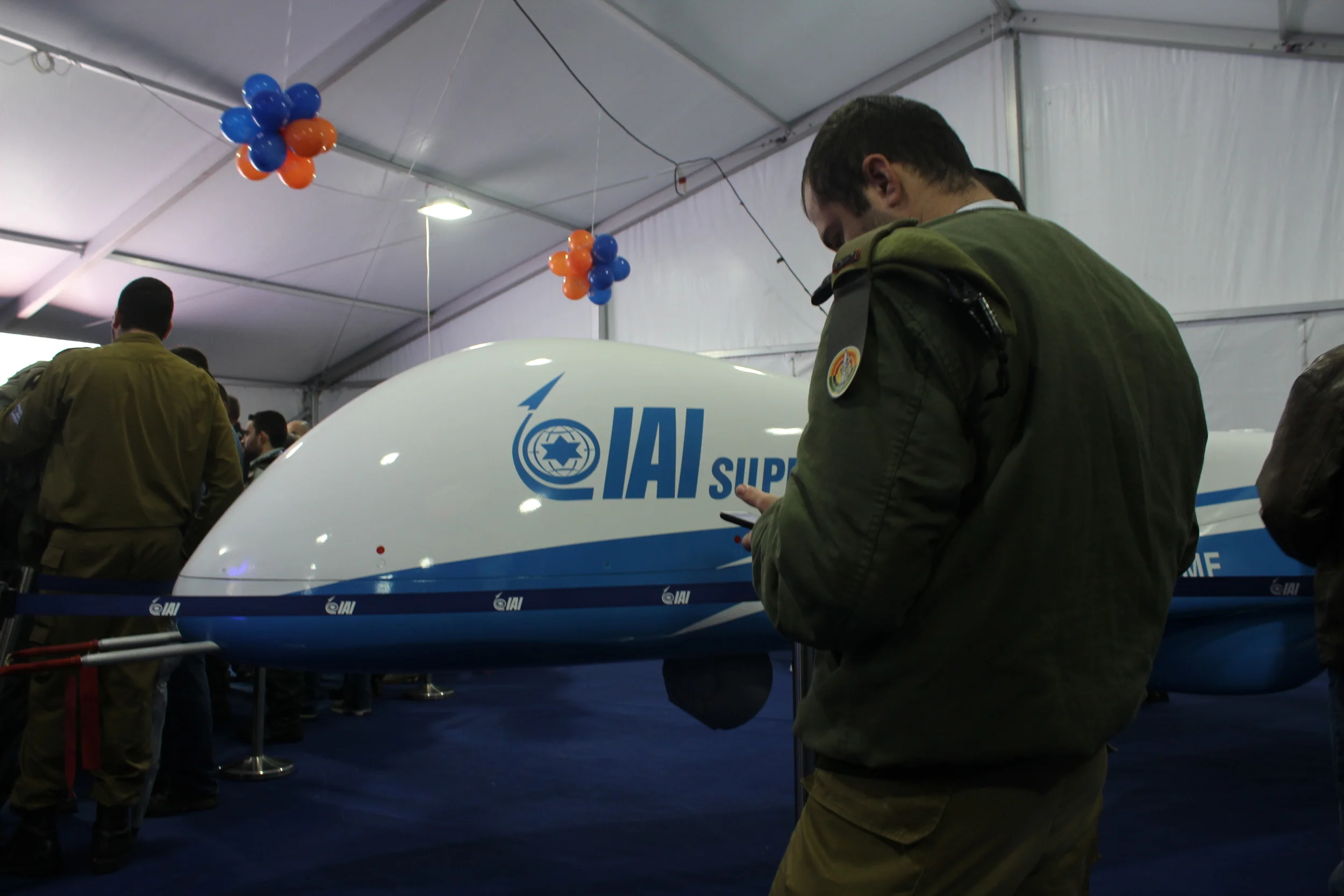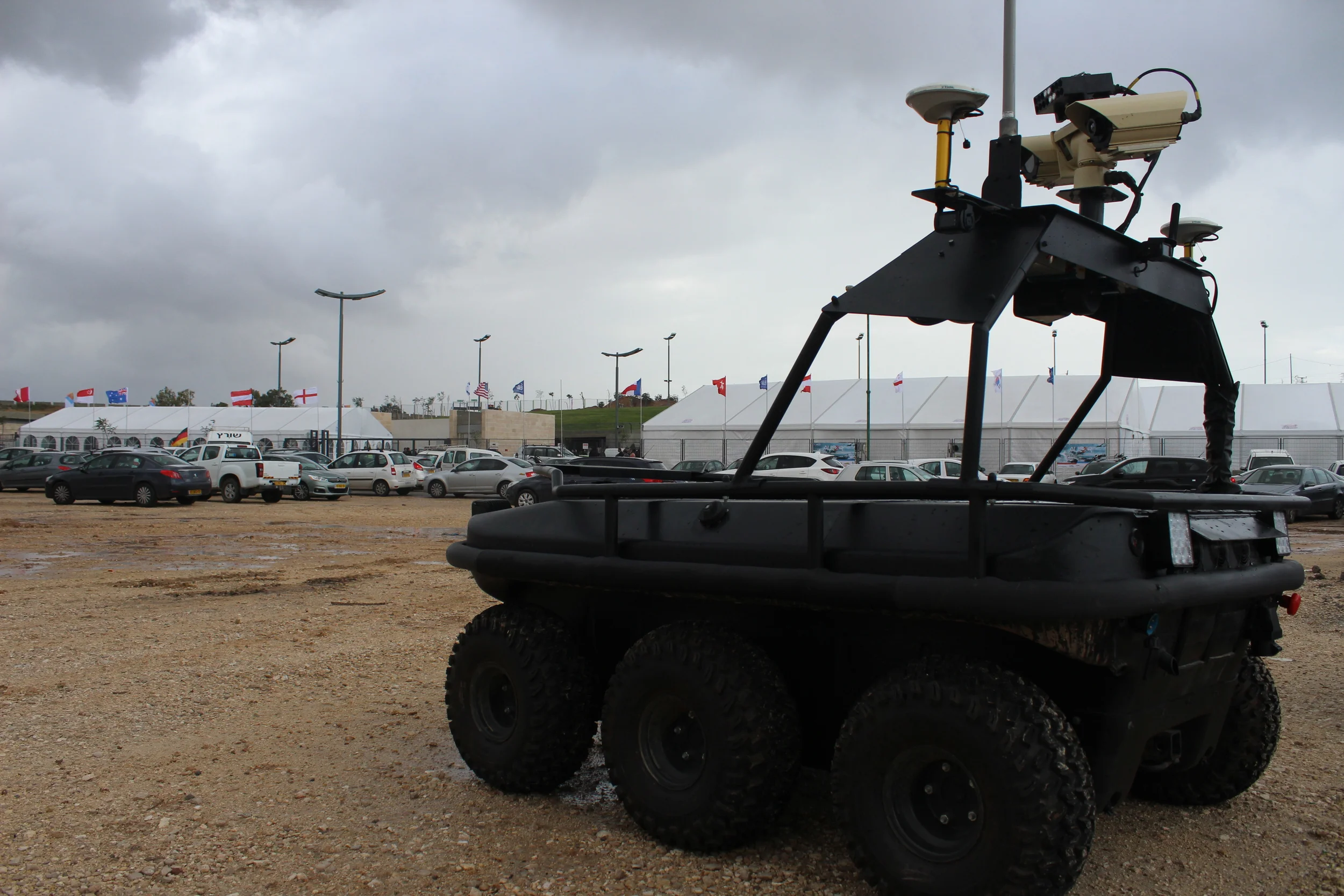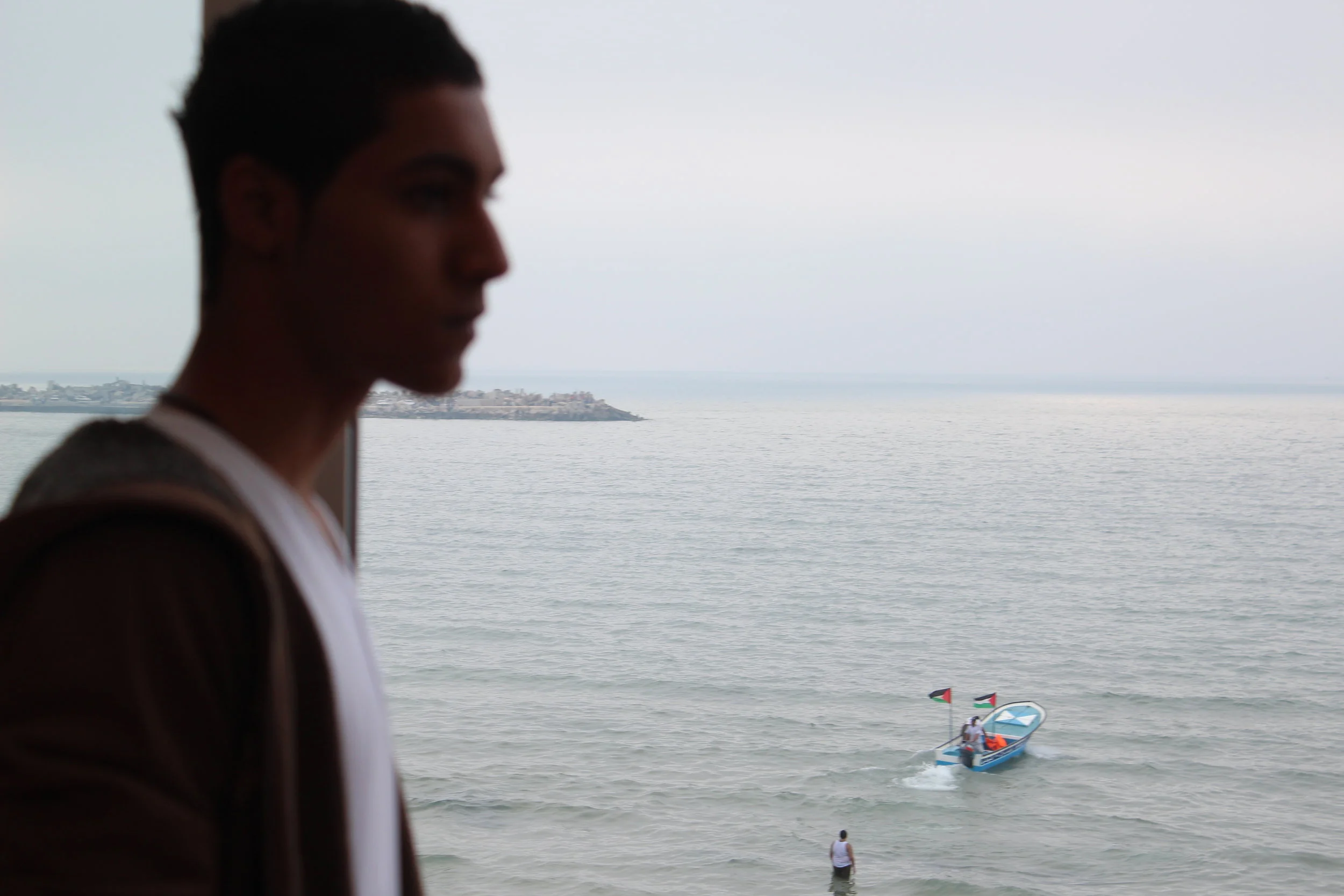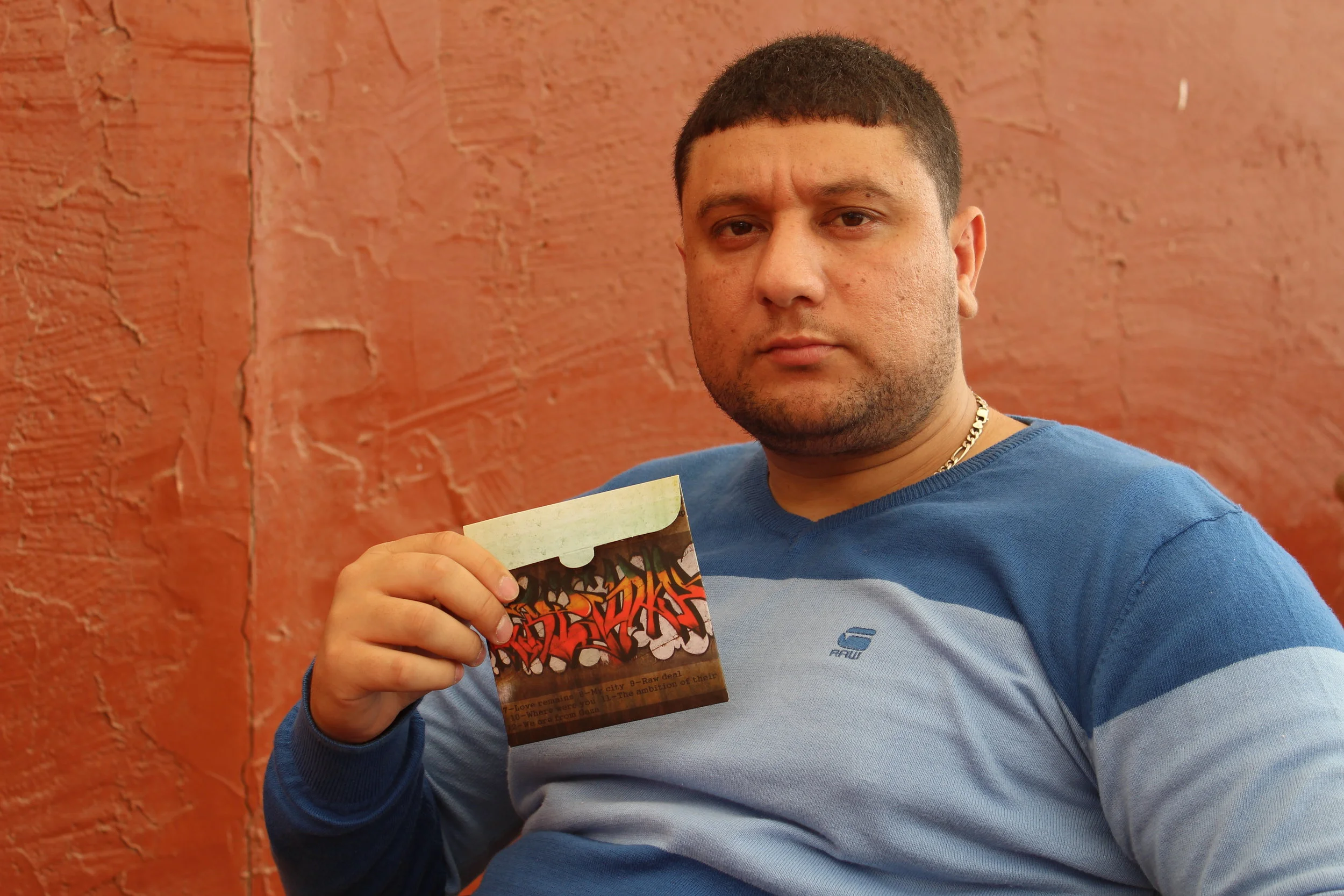June 29, 2016 | RFI
GAZA CITY - It’s been dubbed ‘the world’s largest open air prison - For over two decades a wall has surrounded the Gaza Strip and severely limited the population’s ability to move freely. But it wasn’t always like this. Among Gaza’s older population, many dream of a time when they could work in Israel. Even in sectors unfamiliar to the Palestinian culture. One of these is Gaza’s first DJ.
61-year old Waleed Abu Abdo sits on an old couch in a small, dark shop. On the street outside cars and trucks pass by. They probably don’t notice the old, faded sign above the shop reading ‘DJ Waleed’. But Waleed doesn’t need a flashy sign. People know him anyways – as Gaza’s very first DJ.
“I became professional in Tel Aviv,” he says.
Like many Gazans, Waleed worked in Israel in the 1970’s and 80’s. He worked at a hotel, which also had a nightclub, and he clearly remembers the day that changed his life.
WALEED: “One day there was a birthday party at the night club. The DJ didn’t show up and my boss asked if I could do it. At first I was scared because I didn’t know how to but then he told me to get started.
The party was a success and Waleed was asked to continue.
WALEED: So I played and the people throwing the party was so surprised seeing an Arab, a Palestinian from Gaza. But they told me I was better than the normal DJ.
Waleed started working as a DJ at several clubs in Tel Aviv before returning to Gaza to get married in 1982. A few years later, during the first Intifada he was in an Israeli prison for supporting the communist party. In prison he promised another inmate that he would DJ at his upcoming wedding once they were released.
WALEED: the guests were amazed that I played music without any stops.
Since then, Waleed has had a thriving business turning records at Gaza’s many wedding parties. But the political situation doesn’t make it easy. Due to the Israeli siege it is hard and expensive to get professional equipment. And after three wars in less than ten years, Gaza’s economy is on the brink of collapse and most don’t have much money to spend on weddings.
DJ’ing has now become a family business and Waleed goes to check up on his 27-year old son, Khaled, who is playing at a wedding nearby. Arriving at the wedding hall we meet the owner, Abu Heydi:
“This is the best man working in stereo in Gaza – he used to work in Tel Aviv”
The wedding is segregated and Khaled is playing for the female guests. But he can’t be in the same room as them and has therefore set up his mixing table in a small room adjacent to the actual hall. From here he is informed about what is happening inside through a walkie-talkie.
It didn’t used to be like that, his father recalls.
WALEED: “Before, people would ask me to be with them. It’s a natural part of DJ’ing to see people. Every movement has its own music.
According to Waleed, Gaza became much more conservative after the militant Islamist group, Hamas, came into power almost ten years ago.
Waleed’s son Khaled started following in his father’s footsteps at the age of 12. Like most young people in Gaza he has never stepped foot outside the small coastal strip. But though the situation is getting more desperate, Khaled enjoys being able to give people a break to enjoy themselves.
KHALED: We make people happy. It’s a great job and it’s in my blood.
With youth unemployment in Gaza estimated at 60 percent, Khaled is also happy to have a job, he loves. He hopes to pass his skills on to his 1-year old son who is named Waleed after his grandfather.
Lena Odgaard reporting for RFI from Gaza.
